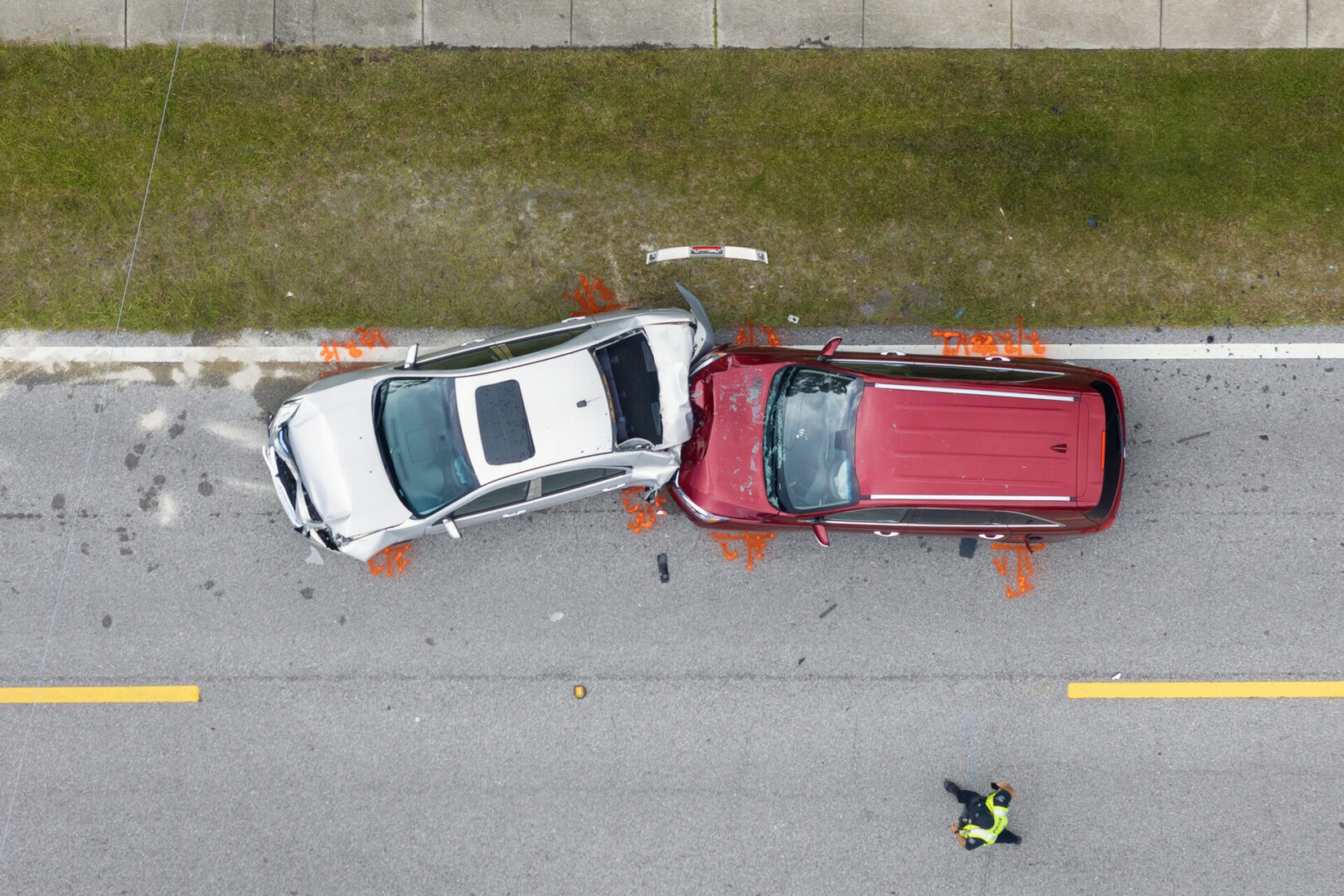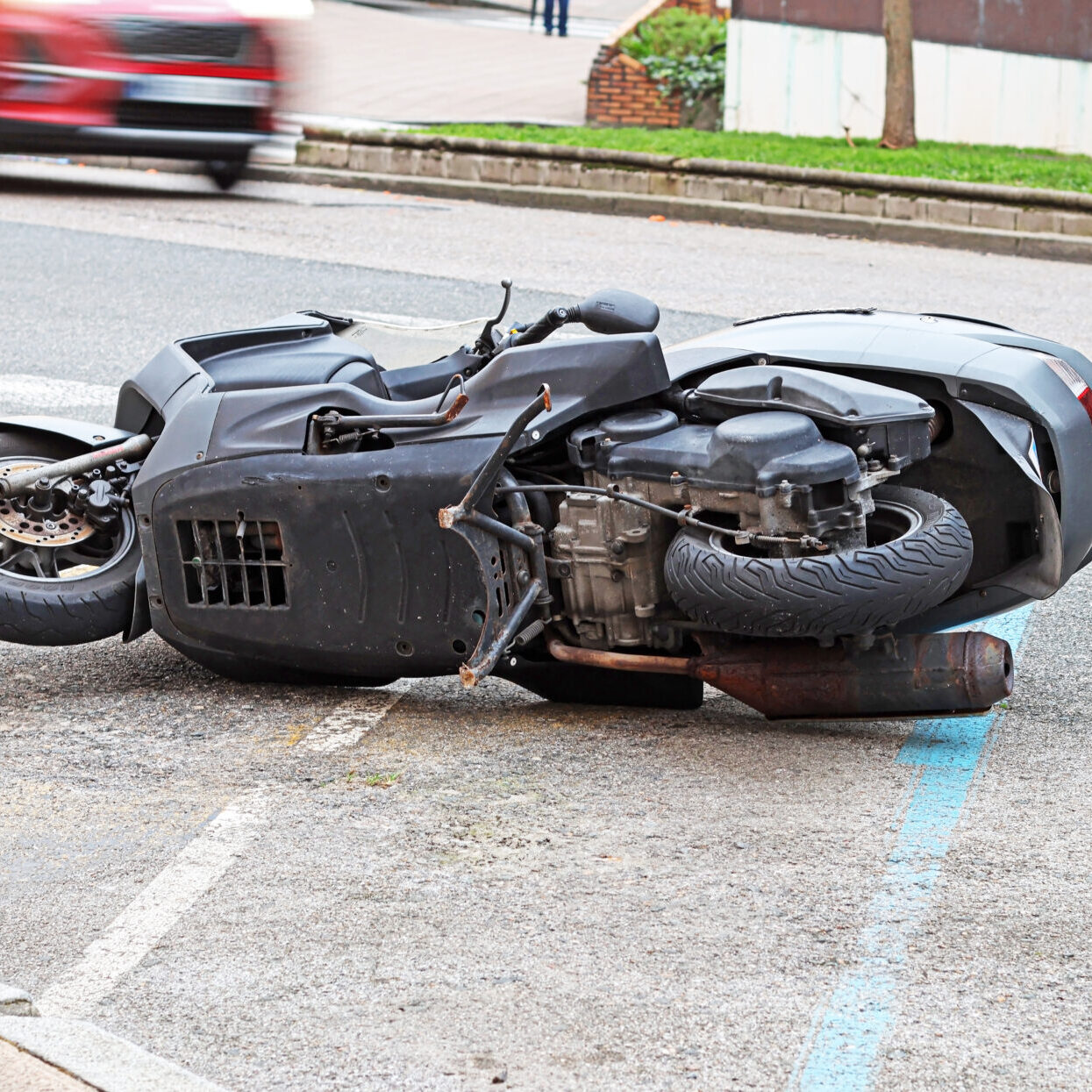
Importance of Insurance and Lesser-Known Considerations
Insurance serves as a critical safeguard, not only for yourself but also for your passengers, other drivers, and their passengers. Understanding the various types of insurance coverage available in Texas can help you make informed decisions about your protection.
Our Expertise
Liability insurance helps protect other drivers in case you are negligent while operating your vehicle and cause harm to someone else, including the driver, their passengers, and your own passengers, including family members. In Texas, the Financial Responsibility law requires a minimum coverage of $30,000 per person and $60,000 per accident. This means that the most one individual can receive from the policy is $30,000, and the total payout for all involved in an accident is capped at $60,000. For example, if you are in a car with five other passengers, and all six of you are injured, the maximum payout would be $60,000, divided among the six of you.
Collision coverage pays for the damage to your car if it's involved in a crash, regardless of who is at fault. If another driver is responsible for the accident, you can request their liability insurance to cover repairs or replacement costs. However, if the other driver’s insurance is slow to respond or refuses to pay, you can use your own collision coverage to repair or replace your car, minus your deductible. Your collision insurance carrier can then pursue reimbursement from the other driver’s insurer or the driver themselves if they are uninsured.
Comprehensive coverage offers protection for non-collision-related damage to your car, such as from hail, flooding, or vandalism. Like collision coverage, a deductible applies to claims under this policy.


Personal Injury Protection (PIP)
Personal Injury Protection (PIP) is designed to cover reasonable and necessary medical treatment, along with 80% of lost wages for you and your passengers due to a motor vehicle accident. This coverage applies when you are injured in your vehicle or while using or operating your covered vehicle. PIP can also provide benefits for injuries sustained outside of your vehicle. For instance, if you slip and fall while getting in or out of your car during an ice storm, PIP may cover your medical costs. Additionally, PIP can apply if you are a pedestrian and are hit by another car.
PIP coverage typically offers a minimum of $2,500 in benefits. However, higher coverage limits of $5,000, $10,000, and more are available, depending on your policy. Be sure to carefully read your policy to understand the specific conditions under which PIP benefits are payable.
Insurance regulations require that your agent confirm in writing that PIP has been offered to you. If you choose not to accept this coverage, you must sign a rejection form. If a signed rejection is not provided when needed, you will be deemed to have PIP coverage.
Medical Payments Coverage, often referred to as "MedPay," is similar to Personal Injury Protection (PIP), but it specifically covers medical expenses incurred due to an accident. Unlike PIP, it does not cover lost wages or other related costs, making it more suitable for individuals, like retirees, who do not need income replacement insurance.
Uninsured/Under-insured Motorist Coverage for Personal Injury
Uninsured/Under-insured Motorist (UM/UIM) coverage is a vital insurance option for drivers to ensure they are adequately protected on the roads. Despite Texas law requiring every driver to have insurance, statistics show that in some areas, as many as 1 in every 6 drivers may not have valid insurance. There are various reasons for this, such as drivers falling behind on monthly payments, which can cause their insurance to lapse until payment is received. Additionally, some policies may not cover family members or other non-listed drivers, even if the vehicle is insured. These factors highlight the importance of UM/UIM coverage.
In the unfortunate event of an accident caused by a negligent driver who lacks insurance or does not have sufficient coverage to fully compensate your claim, your UM/UIM coverage acts as a substitute for the at-fault driver's insurance. However, you must still prove that the other driver was negligent, that you were injured, and that you incurred damages as a result. Once these factors are established, your UM/UIM insurer will cover the damages as if they were the at-fault driver's insurer.
UM coverage also extends to situations where you are injured by a "hit-and-run" driver. If the driver cannot be identified, your UM coverage can still provide compensation for your injuries, ensuring that you're not left without financial protection in such cases.
In some instances, the at-fault driver may have insurance but fails to cooperate with their own insurance company. This can lead to their liability coverage being revoked, effectively making them an "uninsured motorist." If this occurs, UM coverage can step in to protect you, ensuring you're still covered even when the other driver’s insurance withdraws support.
One of the advantages of UM/UIM coverage is that it is significantly less expensive than liability insurance. This makes it a cost-effective way to enhance your protection without significantly increasing your insurance premiums.
Insurance regulations mandate that your agent must offer UM/UIM coverage in writing. If you decide not to accept it, you must sign a rejection form. If the agent or insurance company cannot provide this signed rejection when you need it, you are automatically deemed to have UM/UIM coverage, ensuring you are protected under these circumstances.


Medical Payments Coverage
MedPay may be especially beneficial for retired individuals who do not face the risk of lost wages due to injury. Since it only covers medical expenses, those who are no longer working may find it a cost-effective alternative to more comprehensive coverage. One key drawback of MedPay is that your insurance company has subrogation rights. This means that if you receive compensation from another driver’s liability insurance company or a legal settlement, your insurer can claim a portion of that compensation to recover the medical expenses they paid on your behalf. This could reduce the amount you ultimately receive from any settlement or judgment.
Get the Legal Support You Deserve
If you’ve been injured in an accident or due to negligence, don’t wait to seek the compensation you deserve. Contact our experienced team today for a free consultation. We’re here to fight for your rights and help you navigate the legal process.
